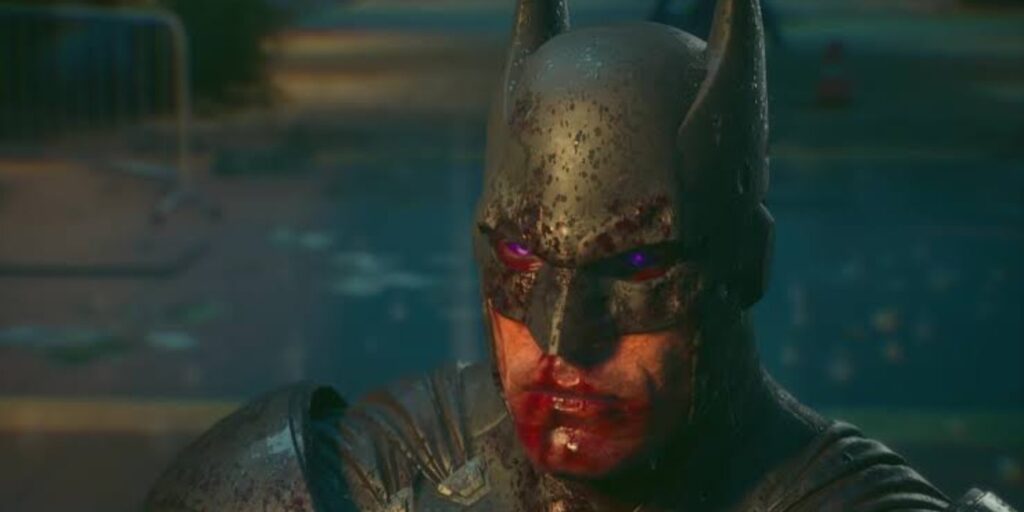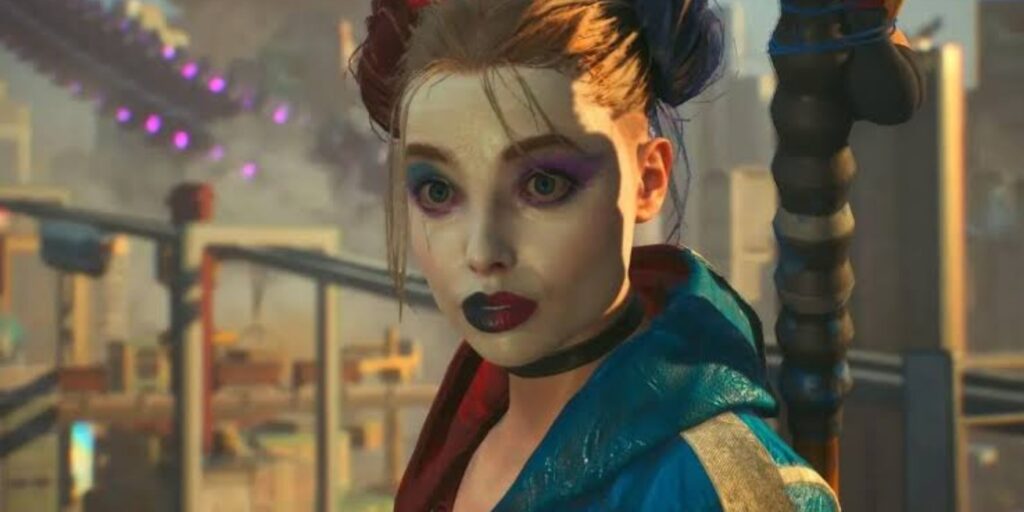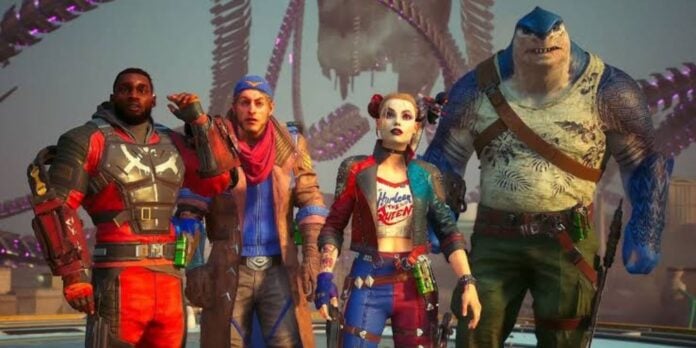The first look at ‘Suicide Squad: Kill the Justice League’ hinted at a game that would be a significant departure from other acclaimed Rocksteady games.
Unfortunately, when the game was finally released, it faced backlash for its gameplay and live service mechanics. However, what truly sparked outrage among fans was its divisive storyline and how it ended.
‘Suicide Squad: Kill the Justice League’ Ending Felt Lazy

The concept of ‘Suicide Squad: Kill the Justice League’ seemed straightforward: Task Force X (Harley Quinn, Deadshot, Captain Boomerang, and King Shark) were tasked with taking down a Brainiac-controlled Justice League.
Related: Scott Eastwood Reveals Shocking Truth About Scrapped DCEU Plans
Yet, as the story unfolded, it became clear that Rocksteady had taken liberties with the narrative which didn’t sit well with fans. In a controversial twist, the Justice League members killed by the Suicide Squad turned out to be clones, leaving the real heroes alive and ready to return.
The game’s ending is revealed through a comic book-inspired animatic narrated by Harley Quinn. Additionally, it’s here that players learn the Justice League members killed during the game weren’t the real heroes at all. Batman, who seemingly died at the hands of Harley Quinn, is alive and well.
While this twist might have been intended to shock players, it instead left many feeling cheated. Moreover, the idea that the Justice League members were clones all along has been criticized as lazy and unoriginal. It undercuts the emotional weight of the game’s premise. For a title that promised a bold, genre-defying experience, the clone reveal felt like a narrative cop-out.
‘Suicide Squad: Kill the Justice League’ Was A Missed Opportunity

In many ways, ‘Suicide Squad: Kill the Justice League’ feels like a missed opportunity. The premise was brimming with potential and fans had high hopes. Instead, narrative shortcuts and divisive design choices turned what could have been a bold step forward into a disappointing stumble.
In case you missed it: Why Did DC’s ‘Infinite Crisis’ Fail?
Fans were particularly frustrated by the way the story was delivered and the whole clone thing. Rocksteady Studios earned its place in gaming history with the ‘Batman: Arkham series’, a trilogy lauded for its compelling narratives, innovative gameplay, and respect for its source material.
So, expectations were understandably high for ‘Suicide Squad: Kill the Justice League.’ Additionally, the game’s ending didn’t just feel like a letdown, it felt like a betrayal of the trust Rocksteady built with the Arkham series.





